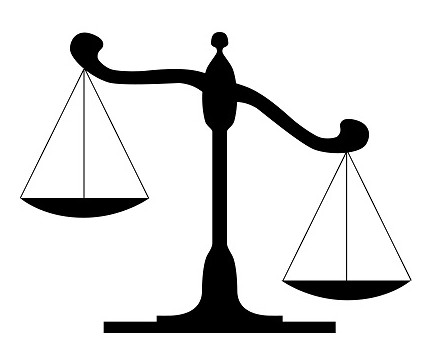Blog post by Natalie Sandman
 After the death of a party, the Family Law Act allows the proceedings which have already been commenced and in which he or she was a party to be continued by or against the estate of the person who has died and the court can make orders with respect to property as it could have done when the person was alive.
After the death of a party, the Family Law Act allows the proceedings which have already been commenced and in which he or she was a party to be continued by or against the estate of the person who has died and the court can make orders with respect to property as it could have done when the person was alive.
The personal representatives of the deceased e.g. the executors appointed under a will, are responsible for instructing the lawyers, payment of legal costs and compliance with any order of the court including distribution of any property settlement awarded by the court affecting the deceased person’s estate.
If proceedings have not yet been commenced in the Family Court prior to the death of a prospective party then no claim can be made under the Family Law Act. However, the Family Provision Act authorises the Court to order that provision be made out of the estate of the deceased person for the maintenance, education or advancement of an eligible family member if the Court is satisfied that inadequate provision was made for them from the estate or during the life of the person who has died.
Finally, bear in mind that in Western Australia a will is automatically revoked on marriage and on divorce (unless the will was made in contemplation or anticipation of marriage or divorce).
To be on the safe side, a person should consider making a new will after marrying and after divorce.
Culshaw Miller Lawyers provides specialist advice across an extensive range of legal areas including Family Law, Divorce and Children’s Matters. Contact Natalie Sandman for more information.
